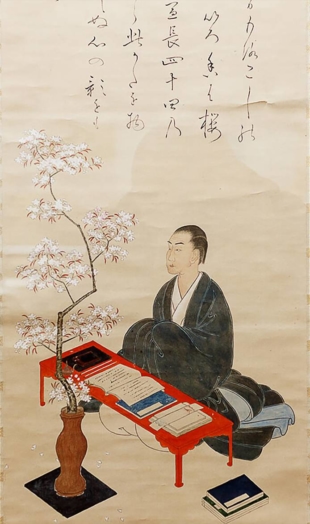Does a nation have a soul?
There is a strain of thinking that attributes one to Japan. Its name is Yamato-damashii — Yamato, an ancient name for Japan, tamashii, meaning soul or spirit.


In a time of both misinformation and too much information,
quality journalism is more crucial than ever.
By subscribing, you can help us get the story right.
With your current subscription plan you can comment on stories. However, before writing your first comment, please create a display name in the Profile section of your subscriber account page.